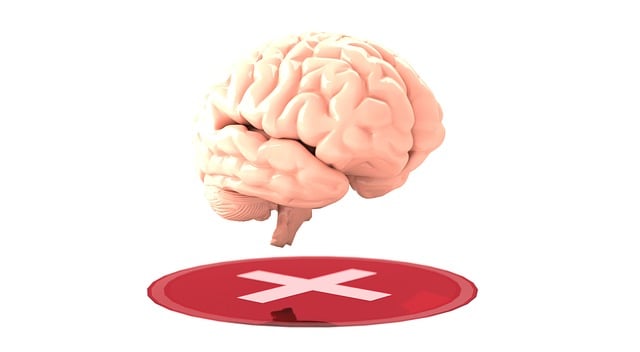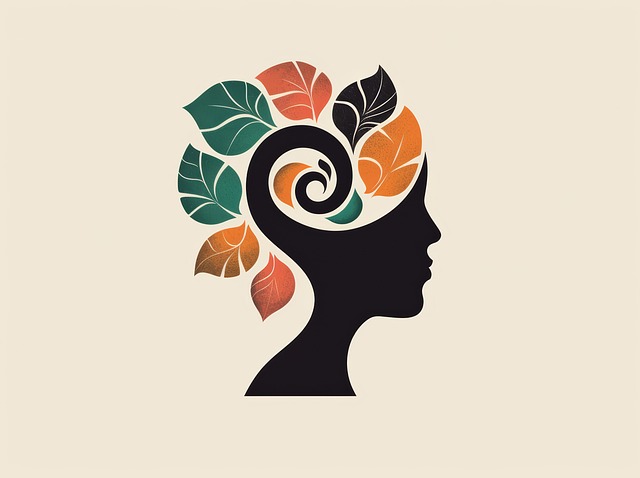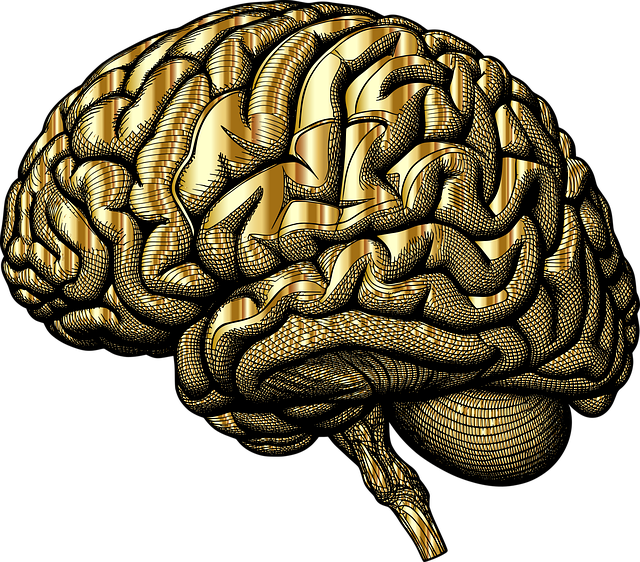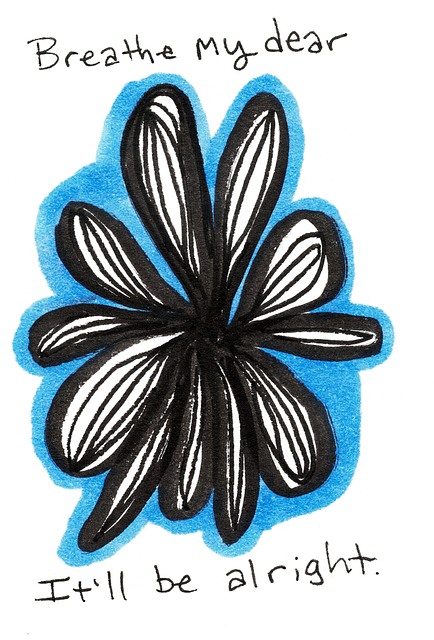Lone Tree Chronic Pain Therapy prioritizes cultural competency training to enhance patient care and address healthcare disparities within its diverse patient population. This approach, centered around understanding and respecting different cultural backgrounds, improves patient outcomes, reduces burnout among healthcare workers, and fosters an inclusive environment. Through tailored educational initiatives, interactive workshops, case studies, and regular assessments, the facility ensures staff are equipped to provide personalized care that considers physical, psychological, and social factors, ultimately improving mental health and building trust between patients and caregivers.
Healthcare provider cultural competency training is an essential component of modern medical practice, particularly in diverse communities. This article explores the critical need for such training, focusing on improving patient care and outcomes. We delve into the positive impact of cultural competency programs at Lone Tree Chronic Pain Therapy, offering a practical guide to implementation and evaluation. By understanding cultural nuances, healthcare providers can deliver more empathetic and effective treatment.
- Understanding Cultural Competency in Healthcare: A Need for Change
- The Impact of Cultural Competency Training on Patient Care
- Implementing and Evaluating Effective Training Programs at Lone Tree Chronic Pain Therapy
Understanding Cultural Competency in Healthcare: A Need for Change

In today’s diverse healthcare landscape, understanding and addressing cultural competency is no longer an option but a necessity. Cultural competency in healthcare refers to the ability of providers to effectively communicate, understand, and meet the needs of patients from various cultural backgrounds. This becomes particularly crucial at Lone Tree Chronic Pain Therapy, where diverse patient populations seek treatment for complex conditions.
The need for this type of training arises from the recognition that healthcare disparities persist due to cultural barriers. Healthcare provider cultural competency training equips professionals with the skills to navigate these complexities, enhancing patient outcomes and reducing potential burnout. By learning effective communication strategies, providers can better assess and address the unique cultural needs of their patients, fostering an inclusive environment. This is essential not just for ethical practice but also for preventing burnout, a growing concern among healthcare workers, especially those in specialized areas like chronic pain therapy. Such training can significantly contribute to the overall mental health education programs design, ensuring healthcare providers are prepared to handle the challenges of a culturally diverse patient base.
The Impact of Cultural Competency Training on Patient Care

Cultural competency training is transforming patient care at Lone Tree Chronic Pain Therapy and similar healthcare providers. By equipping professionals with the skills to understand, respect, and adapt to patients’ diverse cultural backgrounds, we enhance the overall healthcare experience. This approach goes beyond treating symptoms; it involves addressing the emotional healing processes and fostering trust between patients and caregivers.
In today’s multicultural society, this training is vital for preventing burnout among healthcare providers while encouraging self-care routine development for better mental health. When healthcare teams are culturally competent, they can offer personalized care that considers not just physical needs but also psychological and social factors. This holistic approach ensures that every patient receives respect, dignity, and the highest quality of treatment tailored to their unique cultural context.
Implementing and Evaluating Effective Training Programs at Lone Tree Chronic Pain Therapy

Implementing and evaluating effective training programs at Lone Tree Chronic Pain Therapy is a multifaceted process that involves tailoring educational initiatives to meet the diverse needs of healthcare providers. A comprehensive approach begins with identifying cultural competency gaps through surveys, focus groups, or performance reviews. This data-driven method ensures that training aligns with actual workplace challenges.
Lone Tree Chronic Pain Therapy’s programs incorporate interactive workshops, case studies, and role-playing scenarios to foster self-awareness exercises and emotional regulation skills among staff. These practical sessions not only enhance cultural sensitivity but also promote self-esteem improvement. Regular assessments and feedback mechanisms are integral to gauging the impact of training, identifying areas for enhancement, and ensuring continuous growth in providing patient-centered care at Lone Tree Chronic Pain Therapy.
Cultural competency training is a game-changer in healthcare, especially at institutions like Lone Tree Chronic Pain Therapy. By implementing and evaluating effective programs, as highlighted in this article, healthcare providers can significantly improve patient care, foster better communication, and navigate the complex landscape of diverse cultural needs. This approach ensures that every patient receives respectful, culturally sensitive treatment, ultimately enhancing overall health outcomes.











